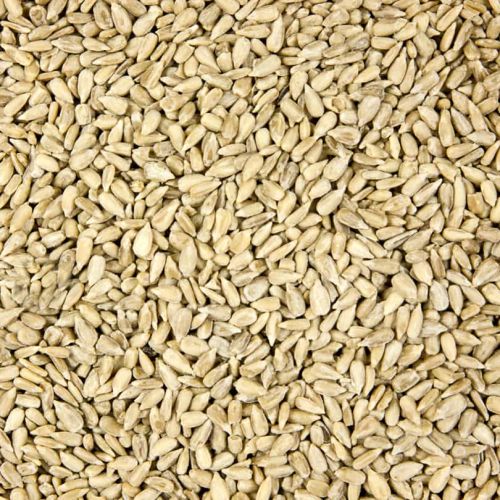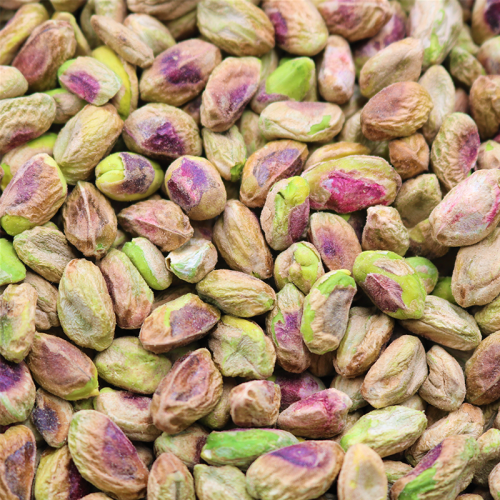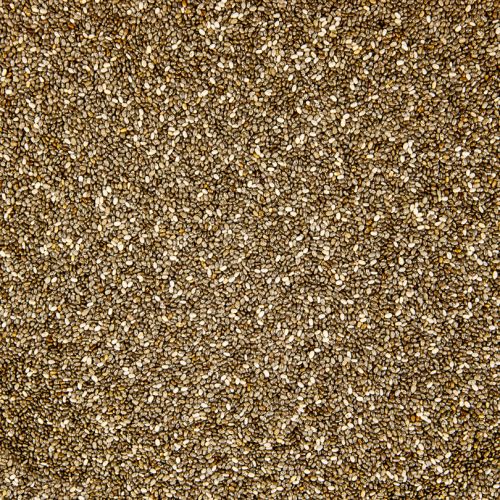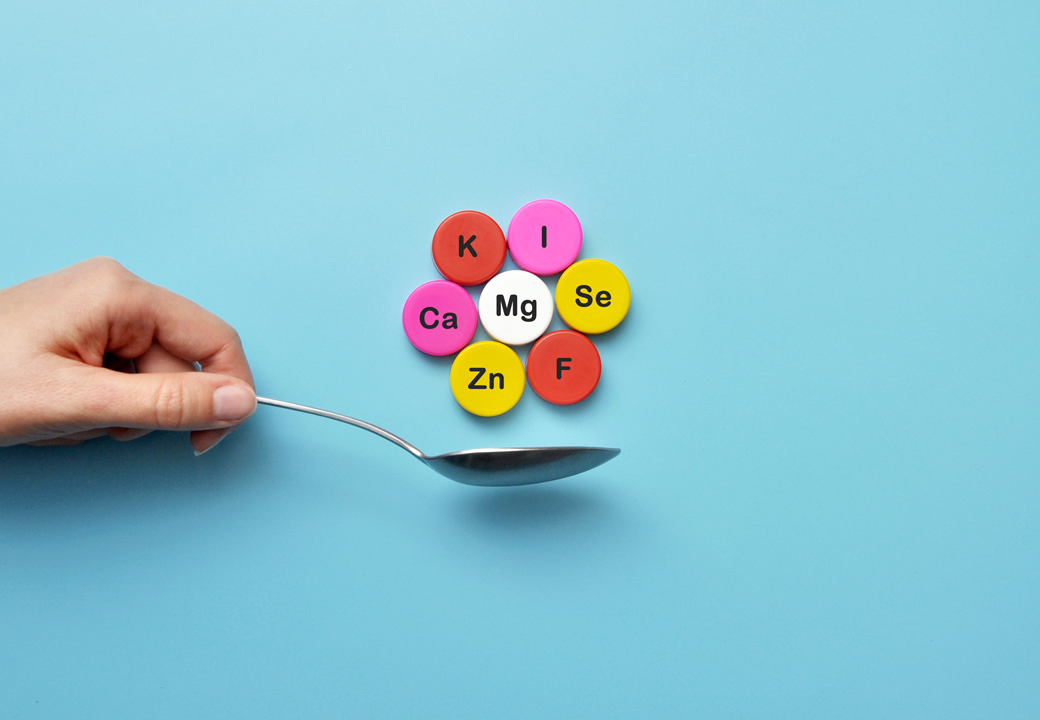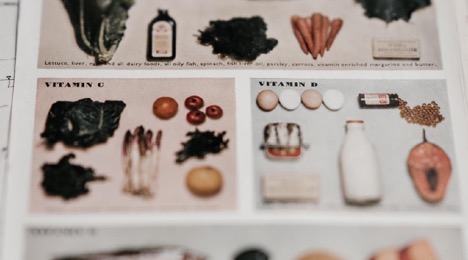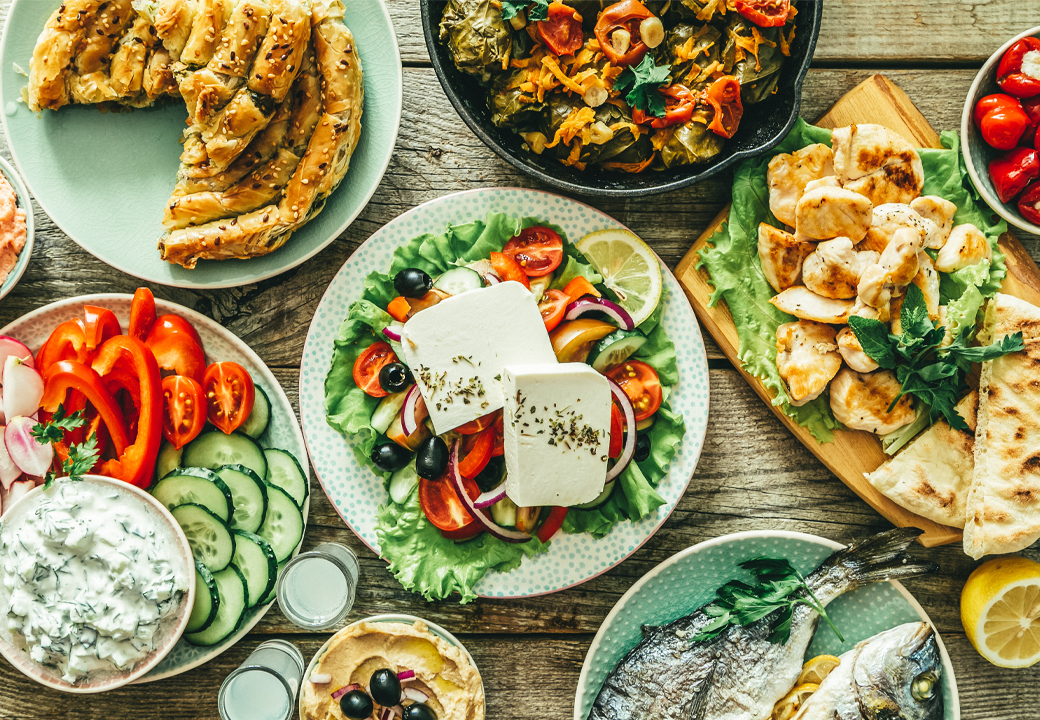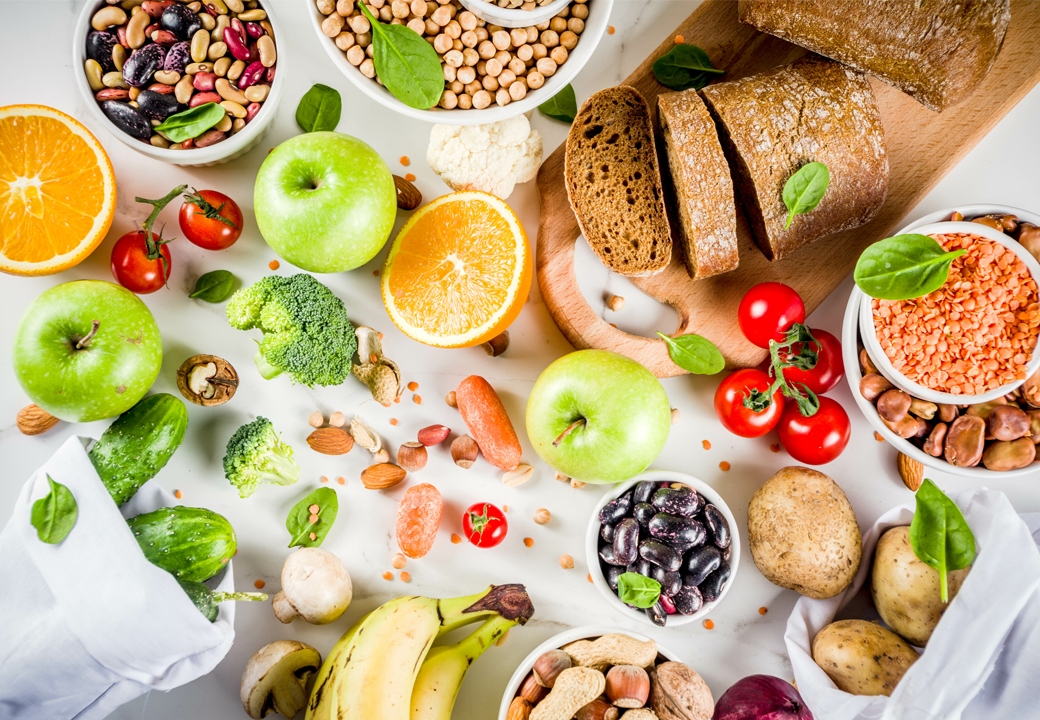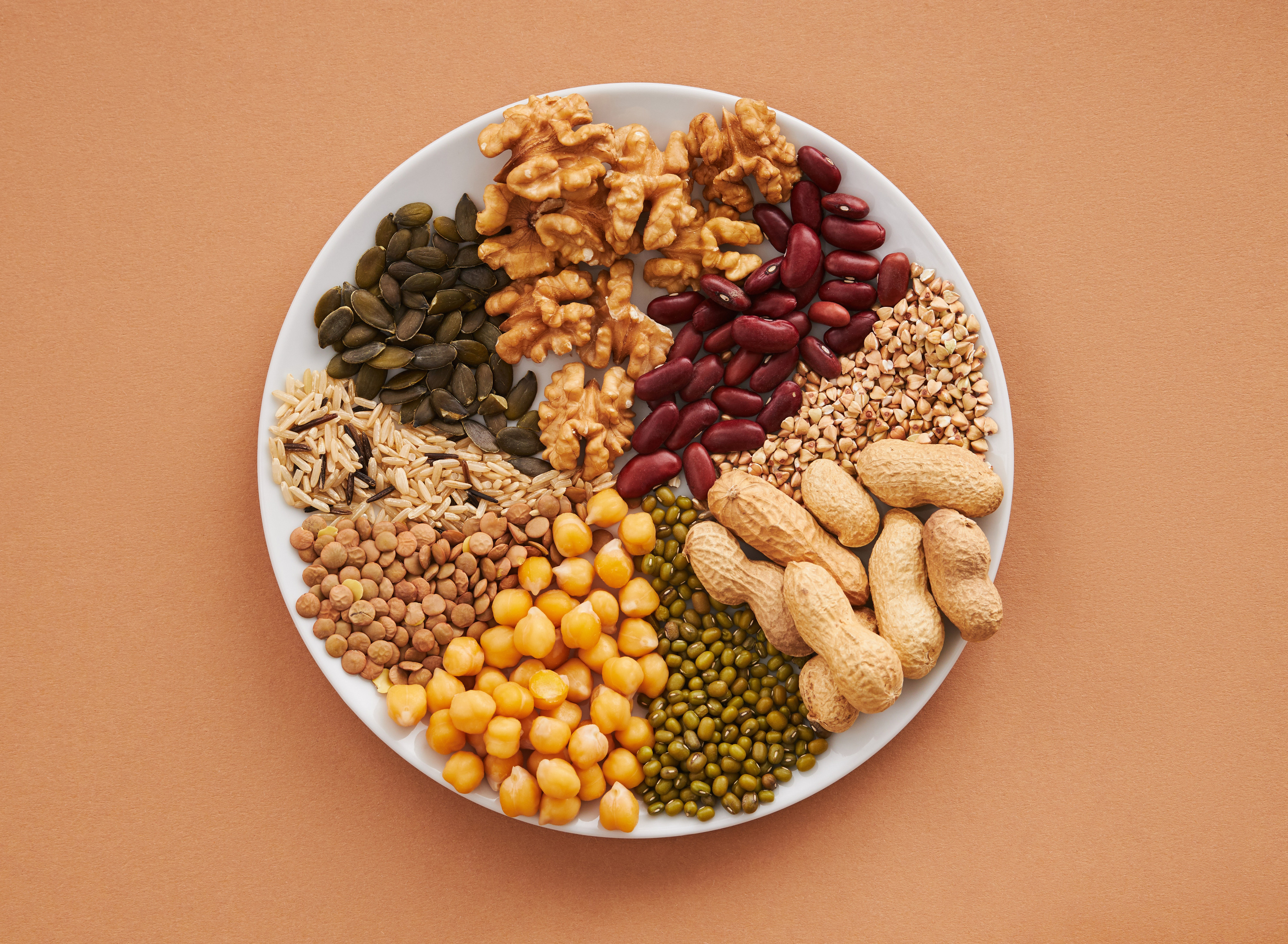
Good nutrition can help your body perform better and recover faster after you exercise.
By getting the right nutrients even before you lace up your trainers or put on your swimwear, you can put in place the building blocks for success and get ready to help your muscles repair after your workout. But did you know that you can make your diet work harder for you before AND after your workout routine?
Add in the importance of eating at the right times and you’re already taking the steps to making a big difference for your long-term health.
Here is what you need to know to get your diet fit for your exercise routine:
Before
Fuelling your body with the right nutrients prior to exercise will give you the energy and strength you need to perform better.
Carbs, protein rich foods and fats have been shown to maximise your body’s ability to store what it needs to do what you need it to. Whether it’s training for an event, planning a long run or getting yourself ready to swim, the thinking remains the same: make sure you have the right food onboard to do the job.
The timing of food before you work out is an important aspect of your pre-exercise nutrition.
Ideally, you should eat 2-3 hours before exercise, and you should have a mix of carbohydrate, protein and fat.
If you don’t have the time you can still eat a decent pre-workout meal keeping in mind that the closer you eat to your workout, the smaller and simpler the meal should be.
If you eat 45–60 minutes prior to your workout, choose foods that are simple to digest and contain mainly carbs and some protein.
After
The main aim for your post-workout meal is to supply your body with the right nutrients for recovery and to maximise the benefits of your hard work. Choosing easy to digest foods will assist faster nutrient absorption.
Here are a few of the things that you should eat after your workout: Carbohydrates in the form of sweet potatoes, quinoa, fruits such as pineapple, berries, banana and kiwi as well as oatmeal and rice cakes.
A healthy portion of protein taken in plant-based protein powder, eggs, Greek yoghurt, fish, chicken or a protein bar will go some way to repairing those tired muscles.
Healthy fats in the snackable form of nuts, nut butters and trail mix (dried fruit and nuts) provide the essential fats for recovery.
A nutritious meal after your workout will stimulate muscle repair, improve recovery and enhance performance for your next workout.
If you’re not able to eat within 45 minutes of exercising, it’s important to not go much longer than two hours before eating a meal.
The International Society of Sports Nutrition says: “The timing of energy intake may enhance recovery and tissue repair, augment muscle protein synthesis and improve mood following exercise.”
Water
Finally, replacing lost water and electrolytes can complete the picture and help you maximise the benefits of your workout.
It’s especially important to replenish fluids if your next exercise session is within 12 hours.
According to the NHS it is essential that we lead active lives for our long-term health, and we should limit the amount of time spent sitting.
So, whether you are currently working from home, a busy parent home-schooling, an elite athlete or an older person looking to keep in shape, making sure your diet works for your lifestyle and making time for exercise is vital.
Quick and Easy Porridge
You’ll need:
- 60g rolled oats
- 100ml milk
- Heaped teaspoon of honey
- 1 sliced banana
Put the oats in a pan and add 150ml boiling water and leave to soak.
When the water has been absorbed and they are ready to eat, add the milk. Also add the honey and half the banana.
Cook for ten more minutes on a low heat until soft and creamy. Serve with the remaining banana and enjoy!
Cook’s tip: You can also use peaches, cinnamon and dates, raisins, and apple as well as nut butters and chia seeds to make this breakfast fast, fun, and tasty.
A WORD FROM OUR NHS
Health experts state that 150 minutes of moderate intensity activity a week or 75 minutes of vigorous intensity activity a week is essential for good health.
These guidelines are also suitable for disabled adults and pregnant women and new mothers. Moderate aerobic activity is described as brisk walking, water aerobics, riding a bike, dancing, pushing a lawn mower, hiking. You should be able to talk but not sing while you are doing it, that’s how to tell if you’re doing enough to make a difference. So, go on, what’s keeping you from getting going? Good luck.
DID YOU KNOW… that our website has a full range of nutritional information for each of our Not only do we explain how to use our products? products to get the best for your health, we also detail the minerals that they contain and outline the function that those vitamins and minerals will have on your body. Each product description also provides statistics on energy values, as well as fat, sugar, and fibre content. Why not look out on our web pages for essential facts that can help you make informed choices about your diet.
Food and Exercise.. An Immune Boosting Duo
Bursting with vitamins and minerals pistachios, brazil nuts, sunflower seeds and chia seeds provide a natural defence and bolster your immune system.
In supporting our zinc, vitamin B12 and B6 levels as well as just a handful of sunflower seeds providing as much as 25% of our required dose of copper, which is essential for blood cell production, these incredible power-packed goodies are vital to our health right now.
And health experts have shown that great diet combined with exercise can provide a very real increase in our immune system health.
Lecturers James Turner and John P Campbell from the University of Bath state that there is considerable research to show that exercise benefits our immune system and improves the way people respond to vaccines.
They said: “Our research agrees that exercise doesn’t suppress immunity – instead, it may help the immune system function better.”
Epidemiological studies show that people who are active get significantly fewer upper respiratory tract infections per year than less-active people.
